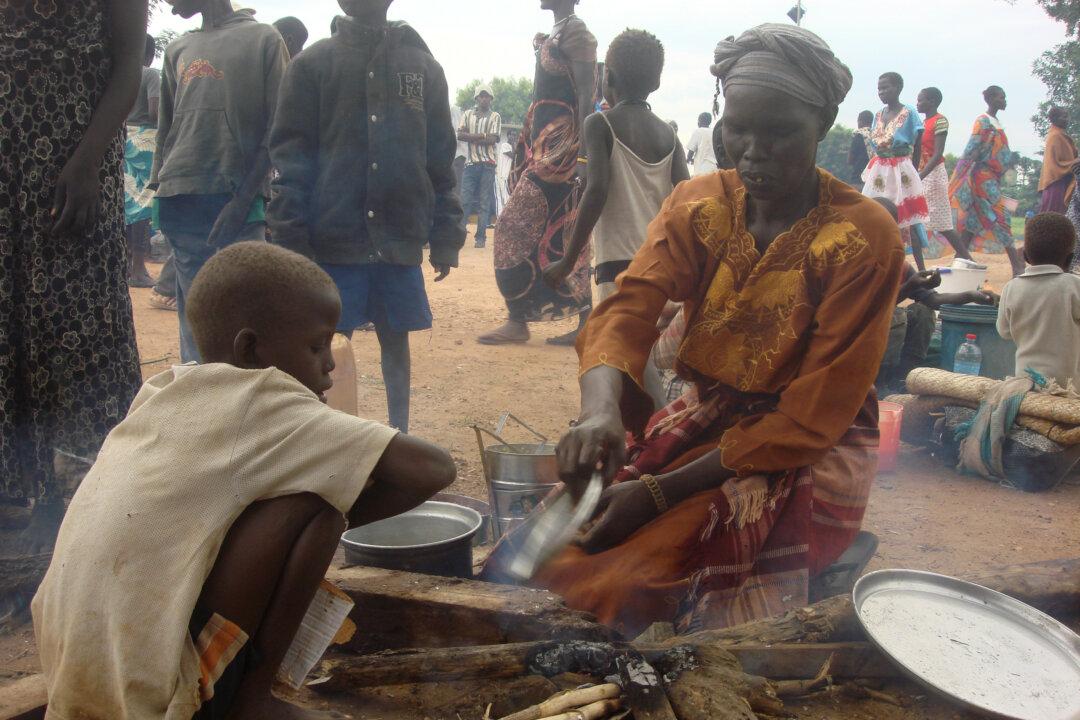As war continues to rage uninterrupted in Yemen, a humanitarian pause is badly needed as the country spirals down to chaos, leaving the majority of the population in urgent need of medical care. Restrictions on access to medical supplies and care are key impediments in improving the situation of people in need. A five day humanitarian pause would allow supplies and care to reach those people and relieve their dire health situation.
According to UNICEF, Yemen has one of the highest rates of chronic malnutrition in the world, especially among children.




